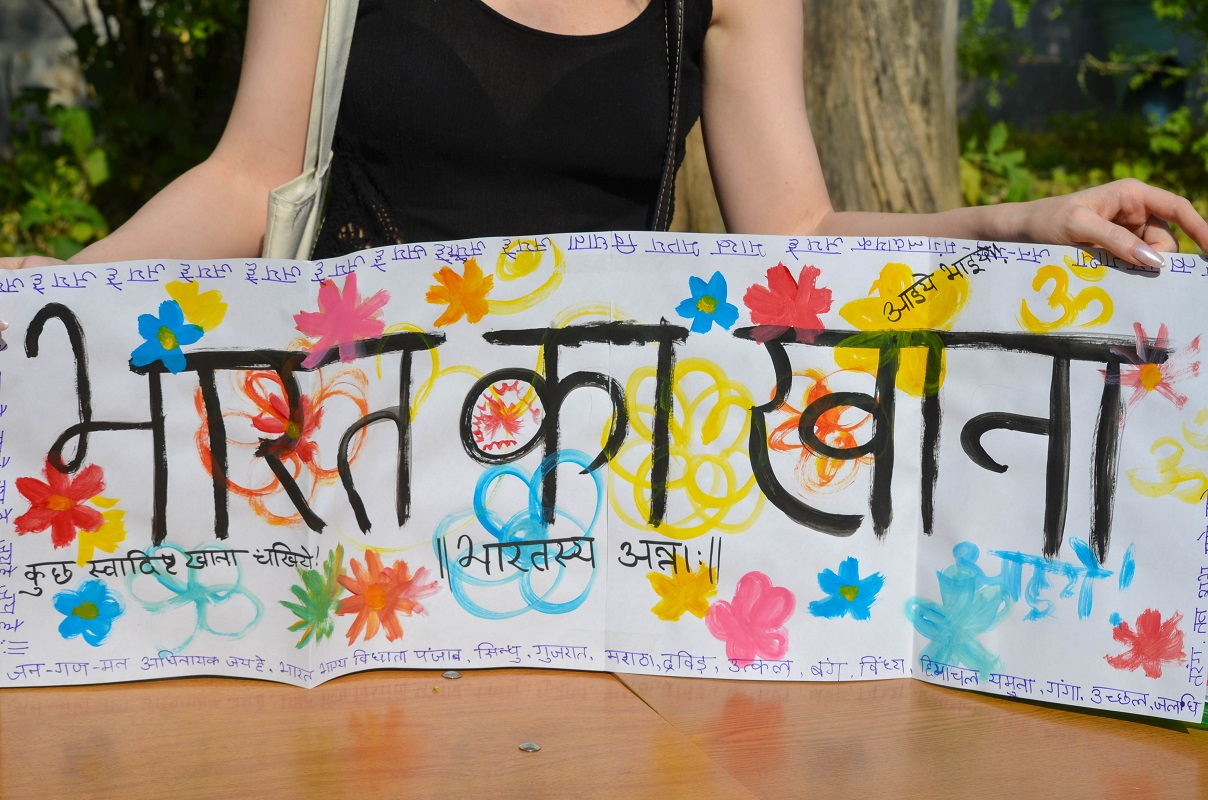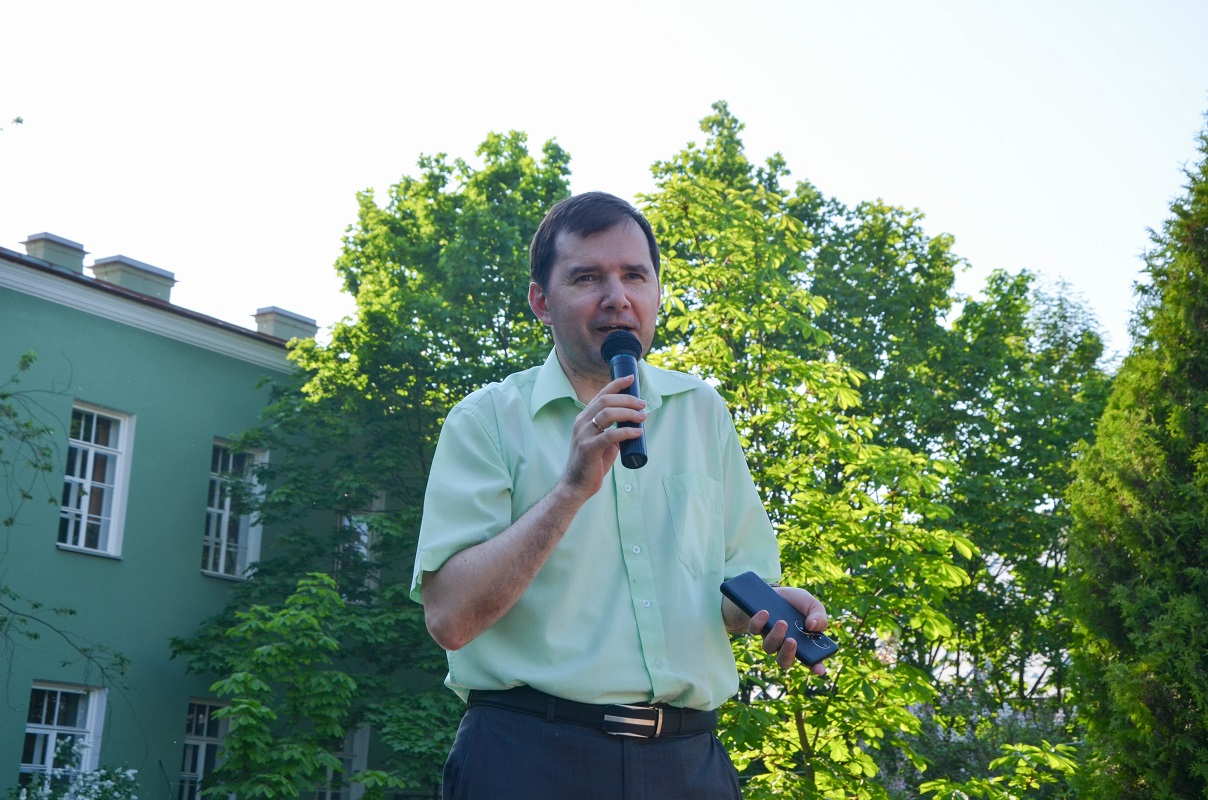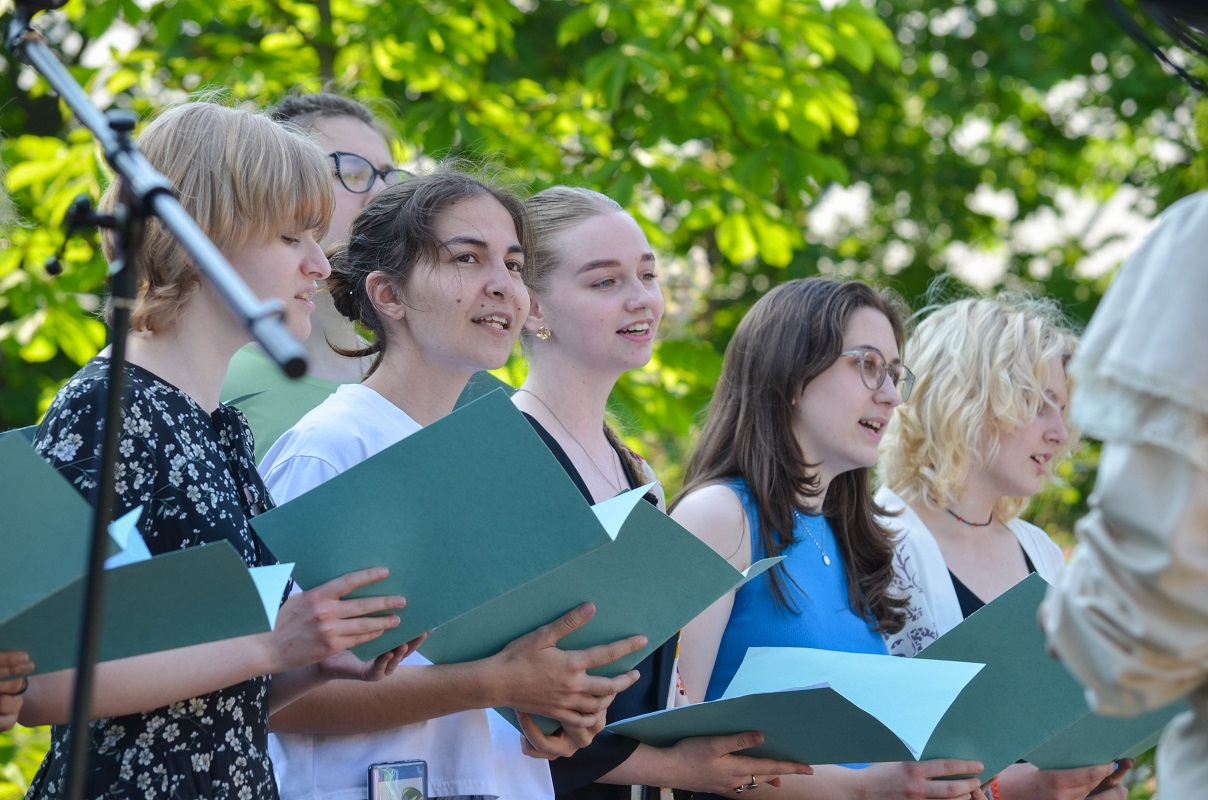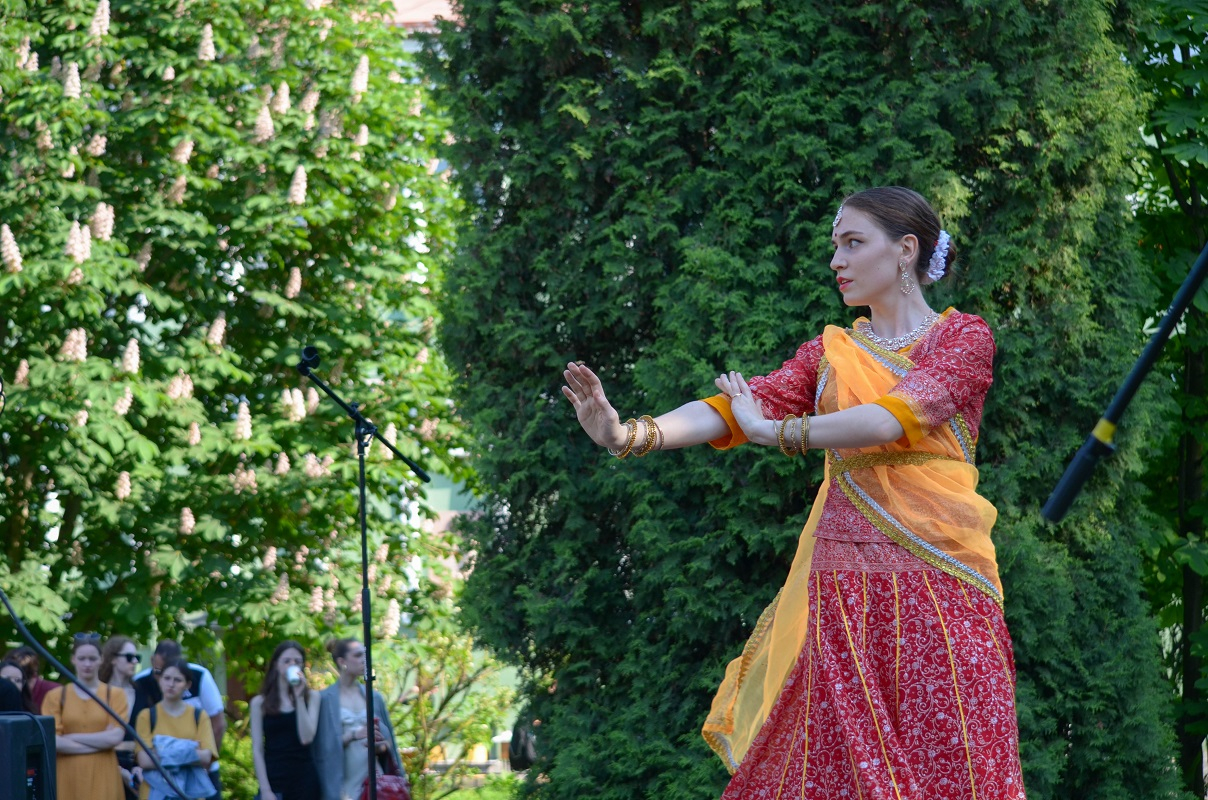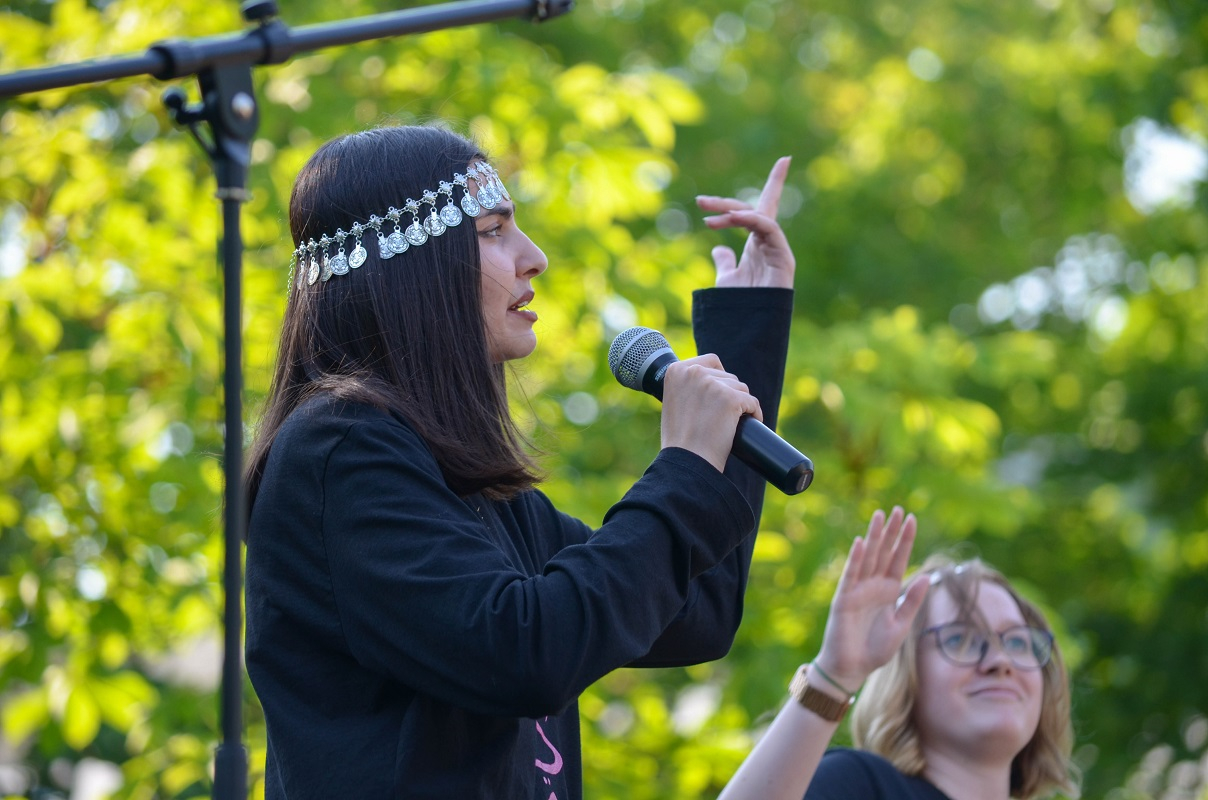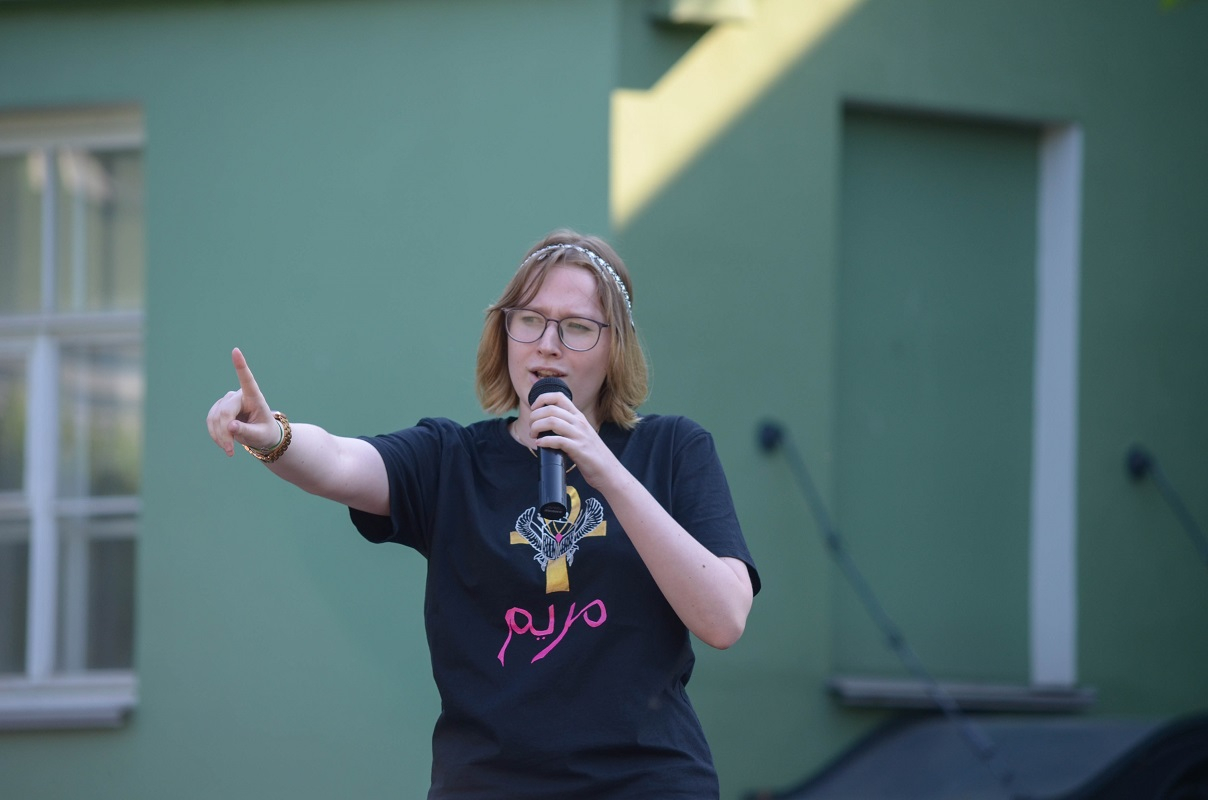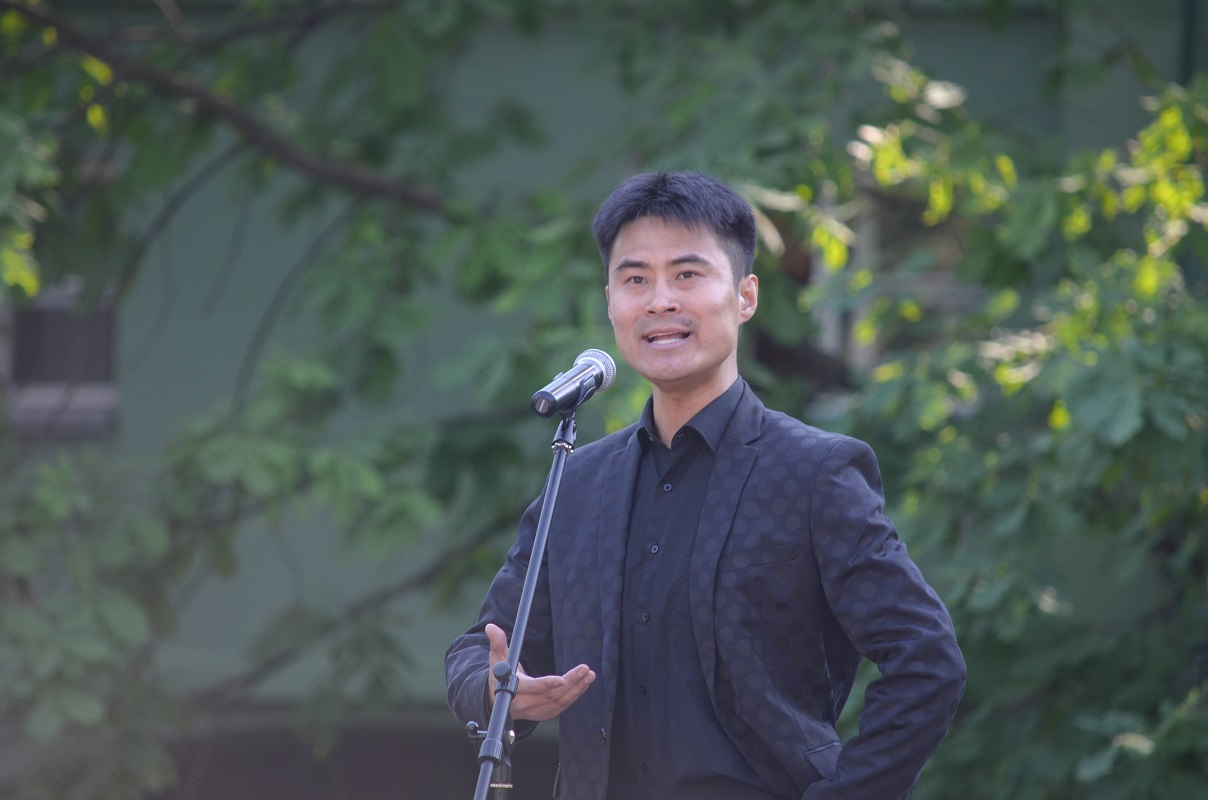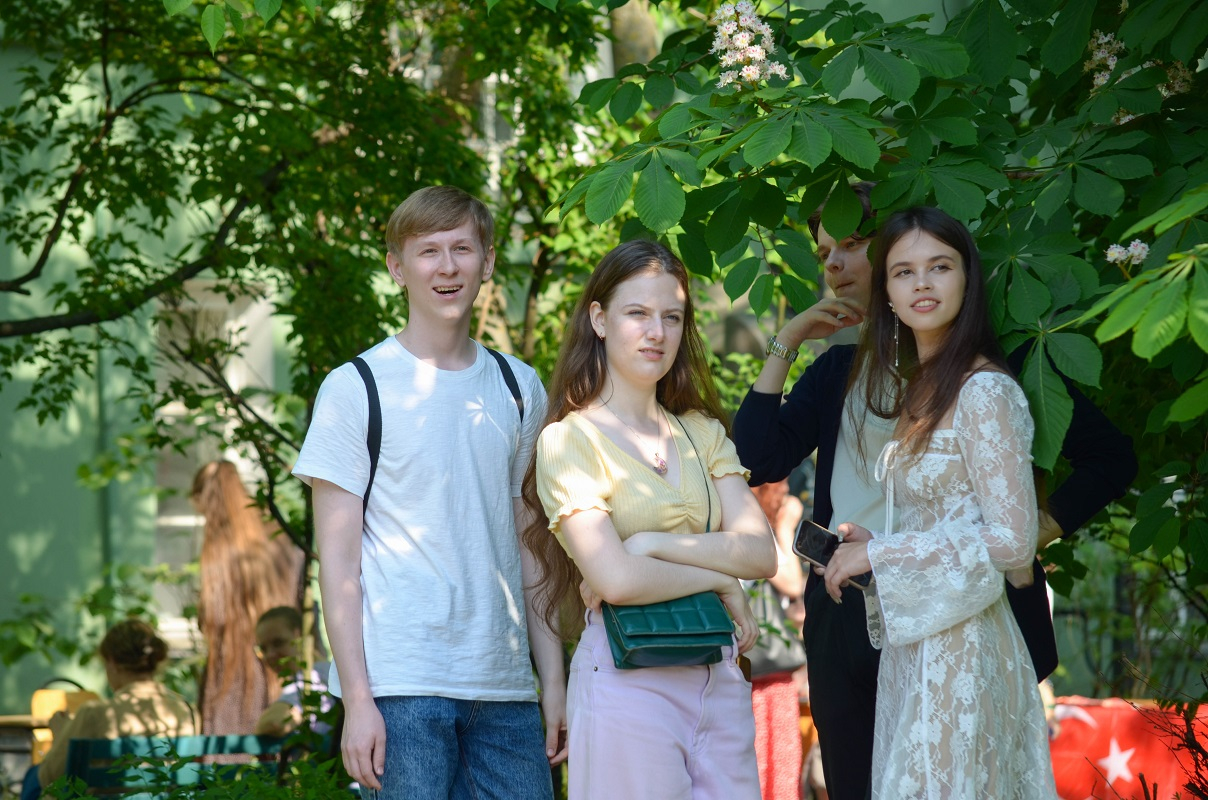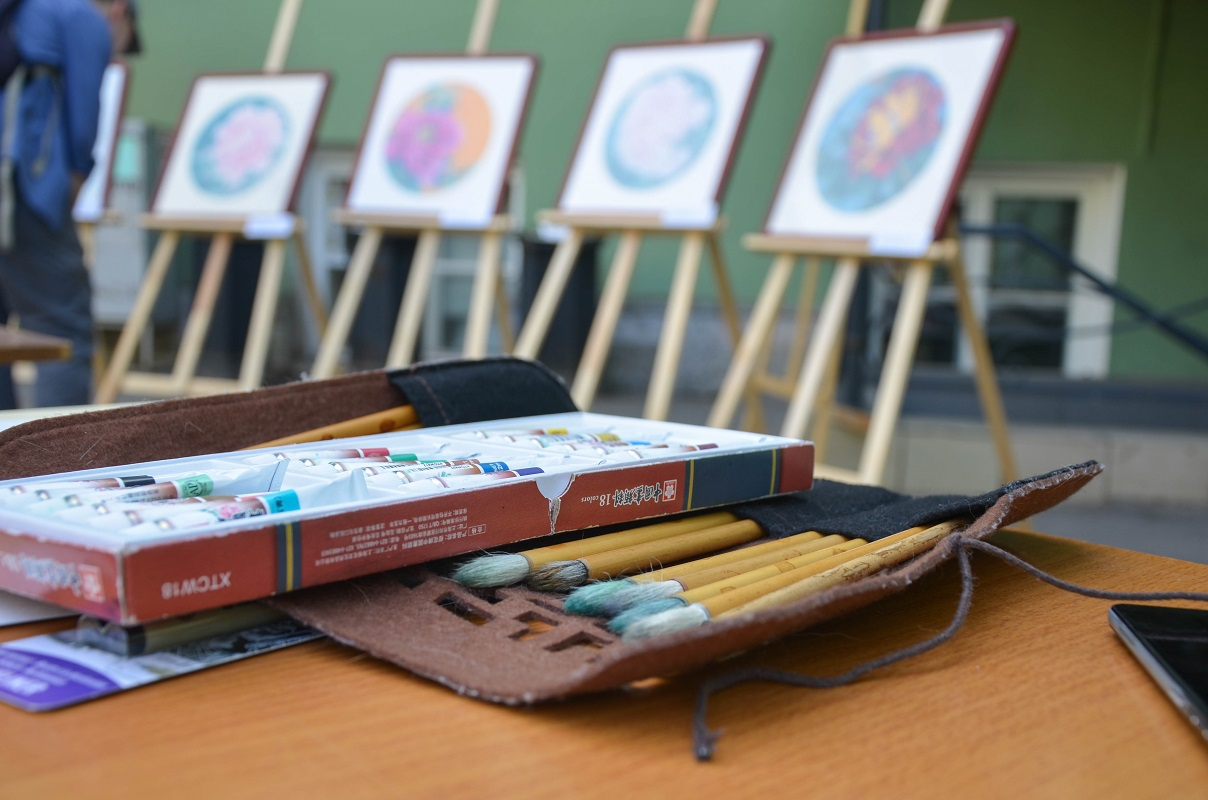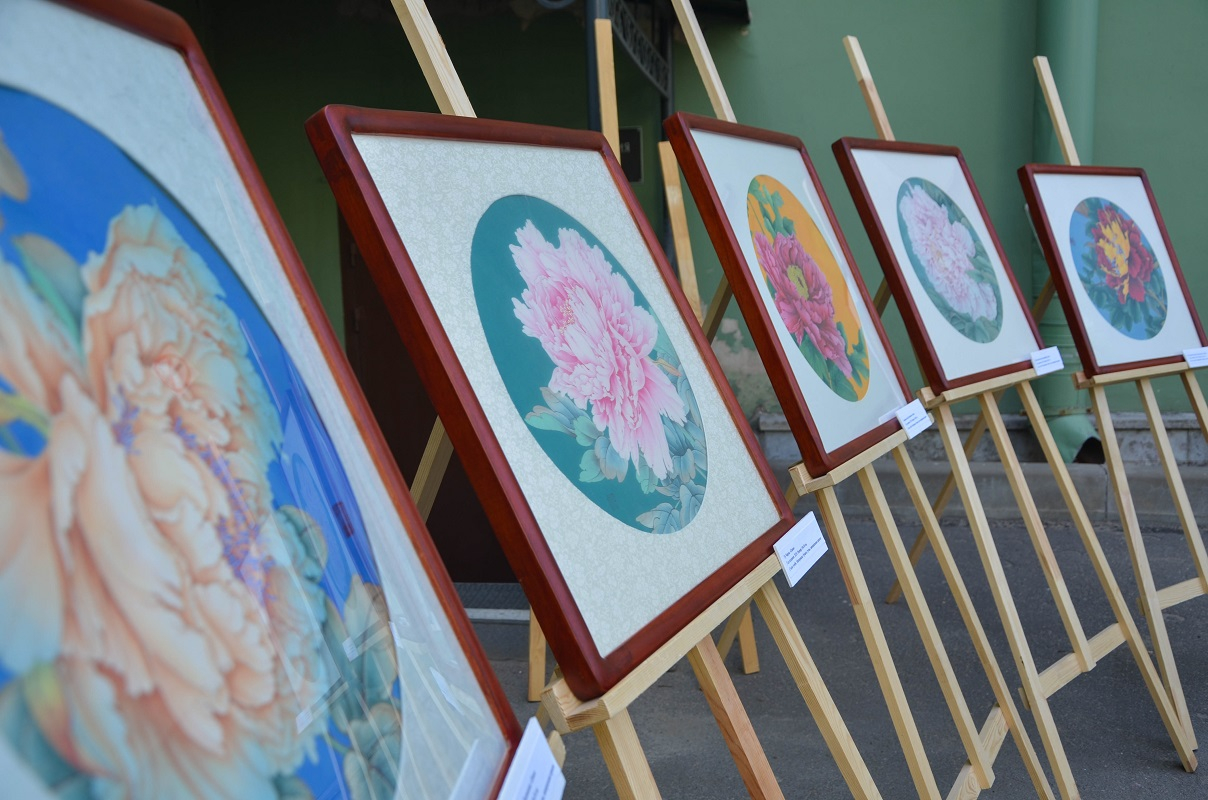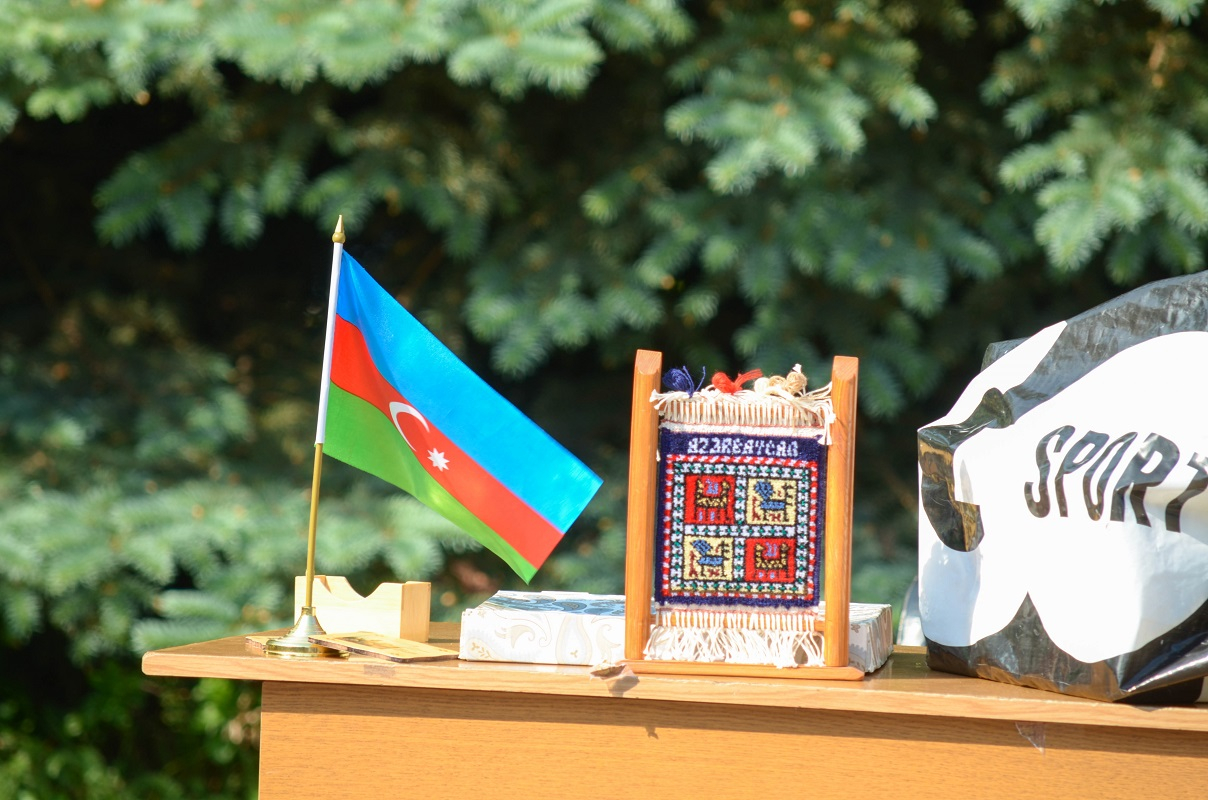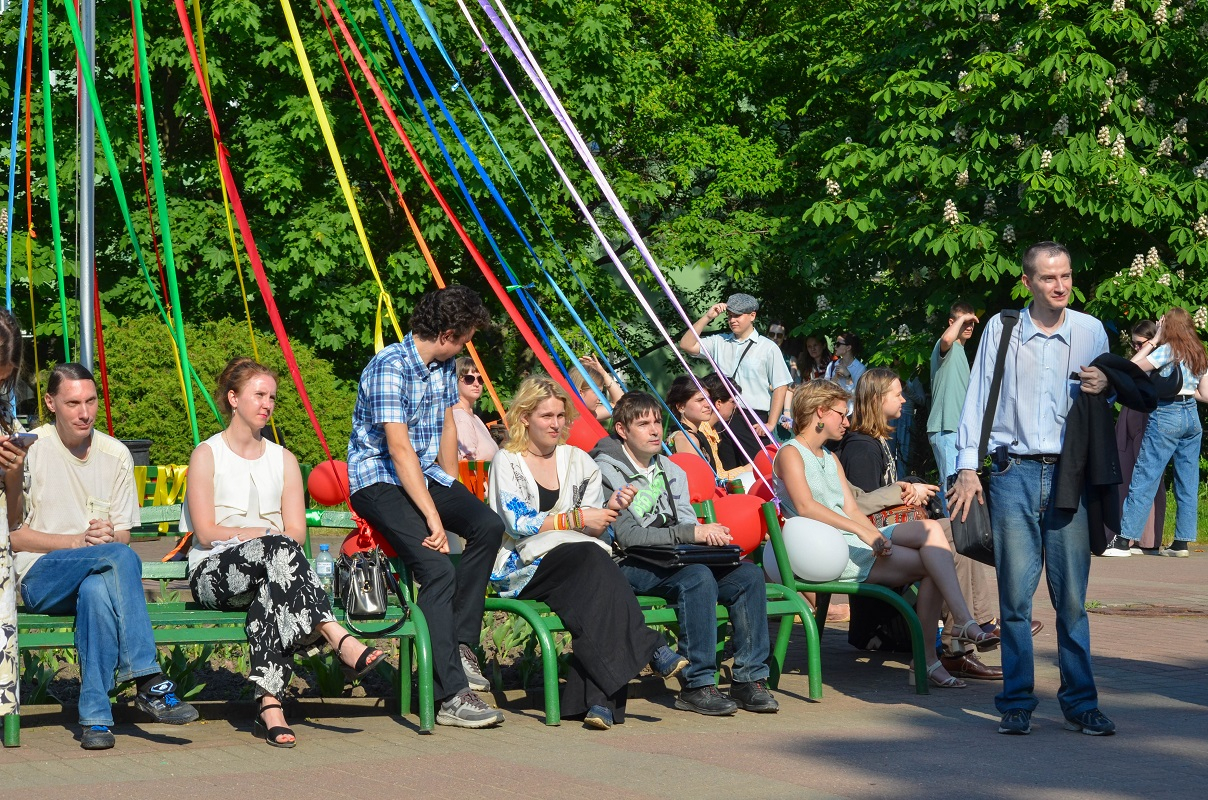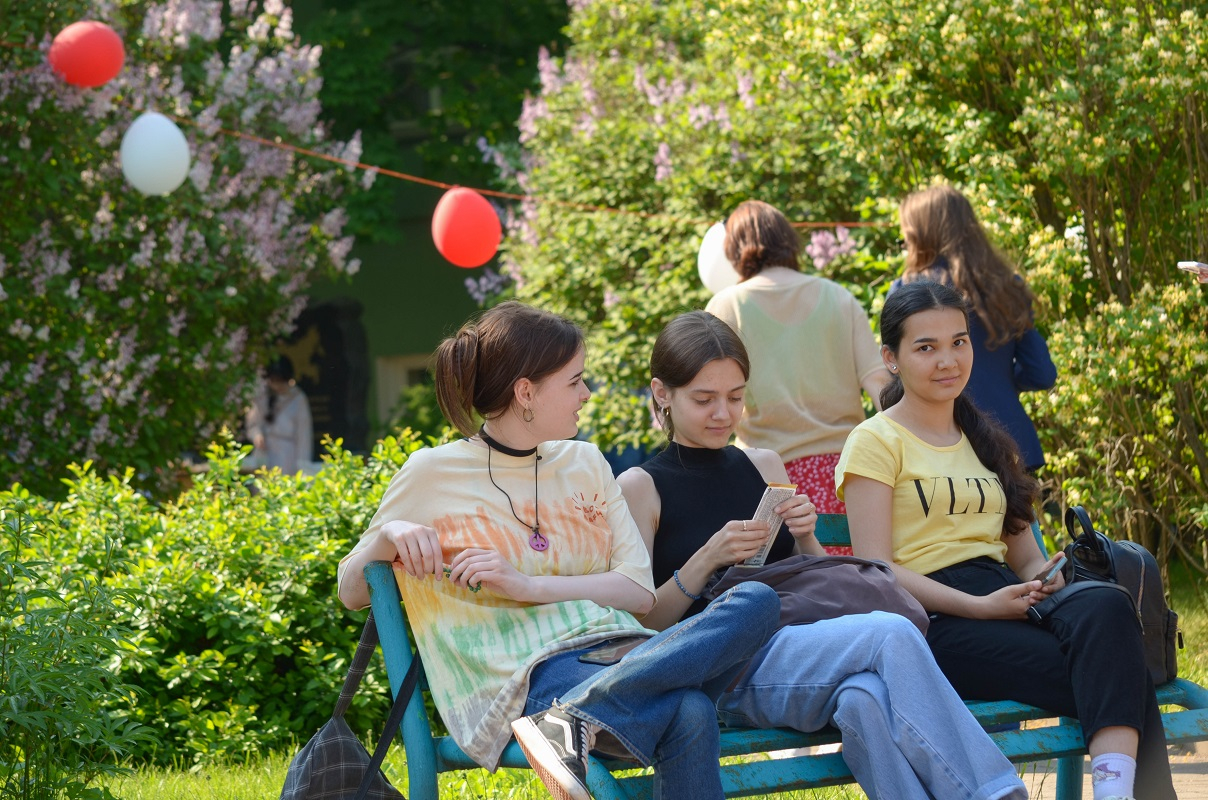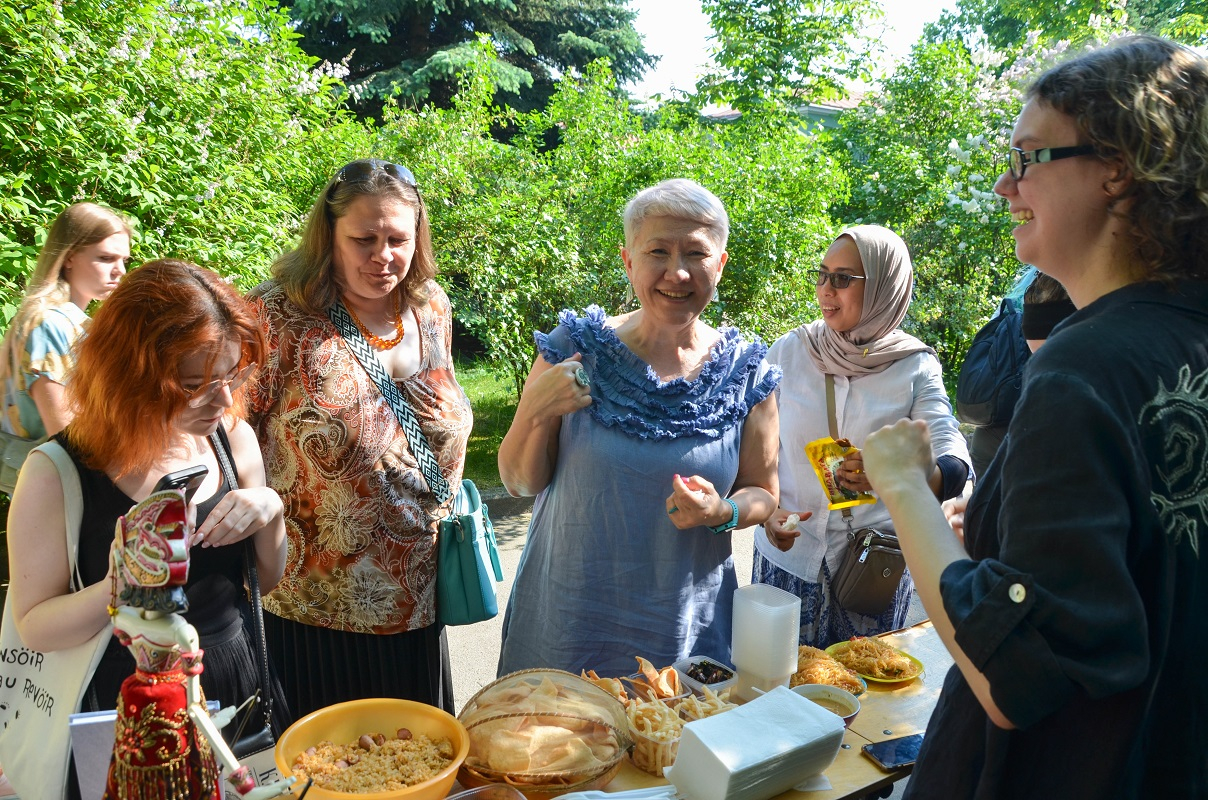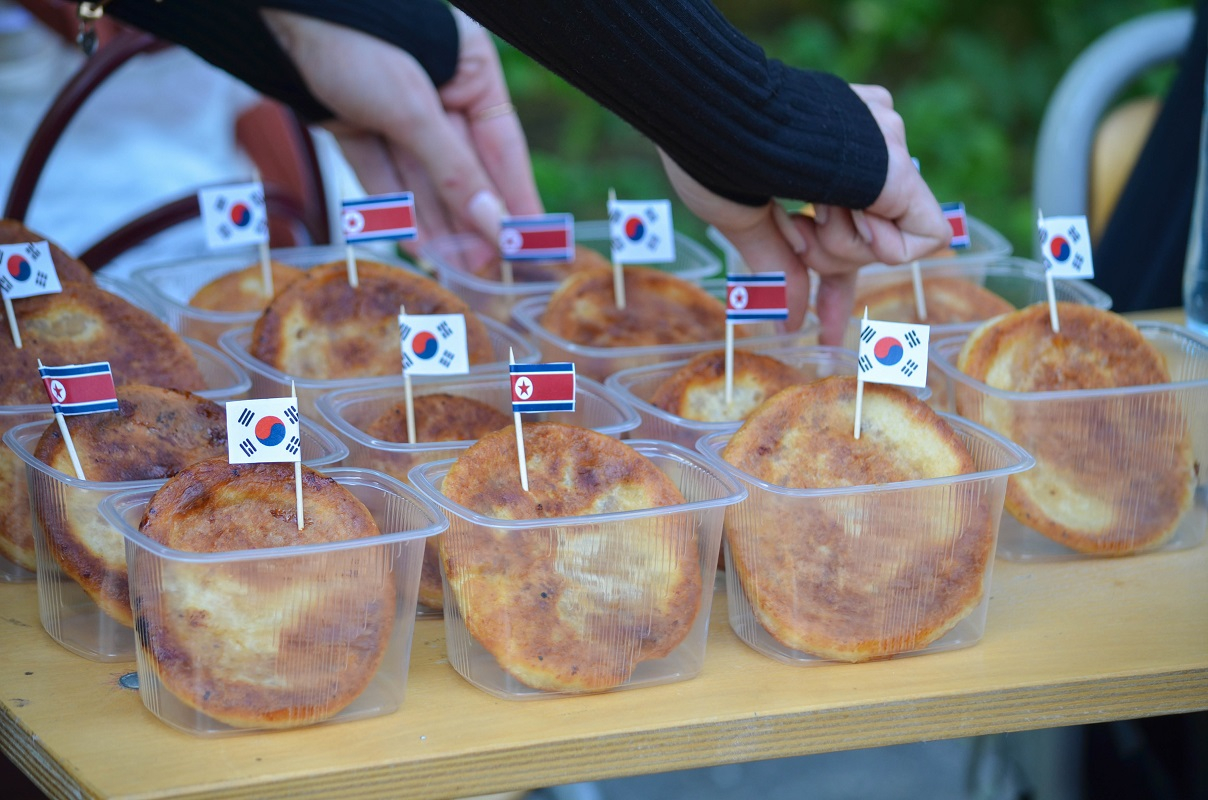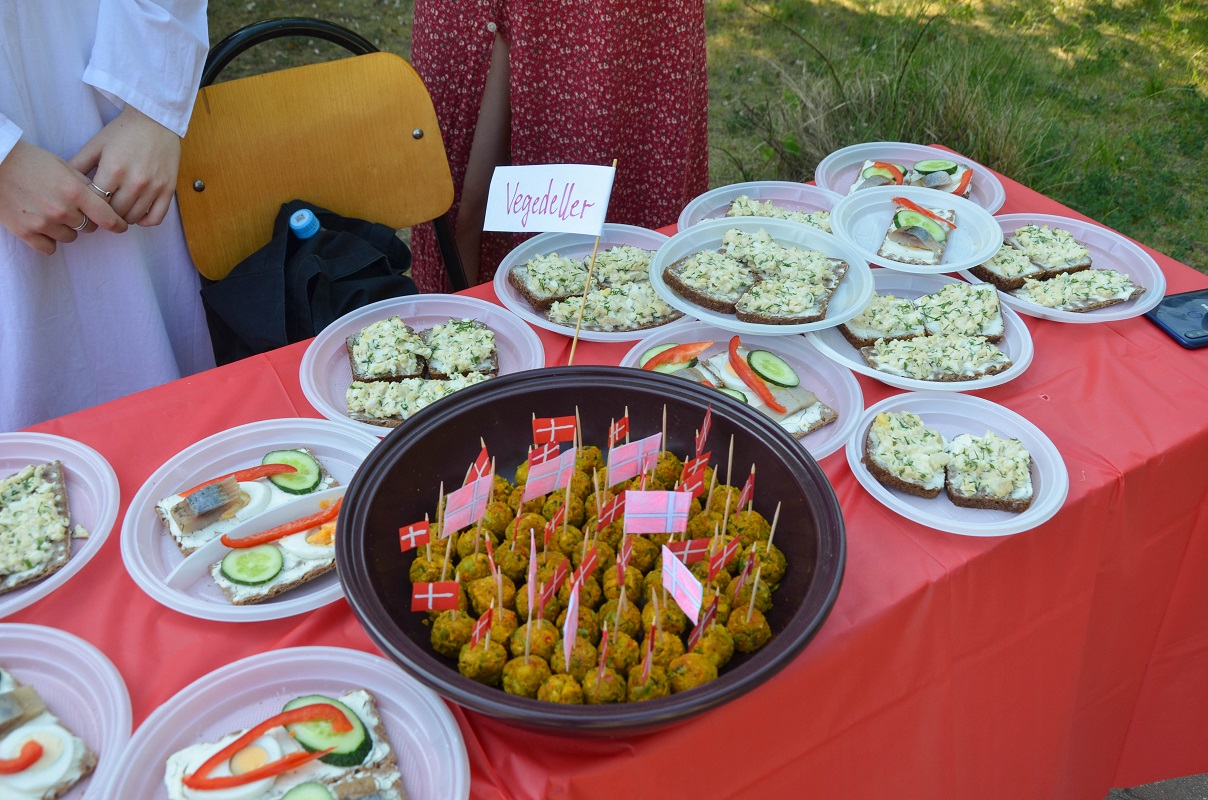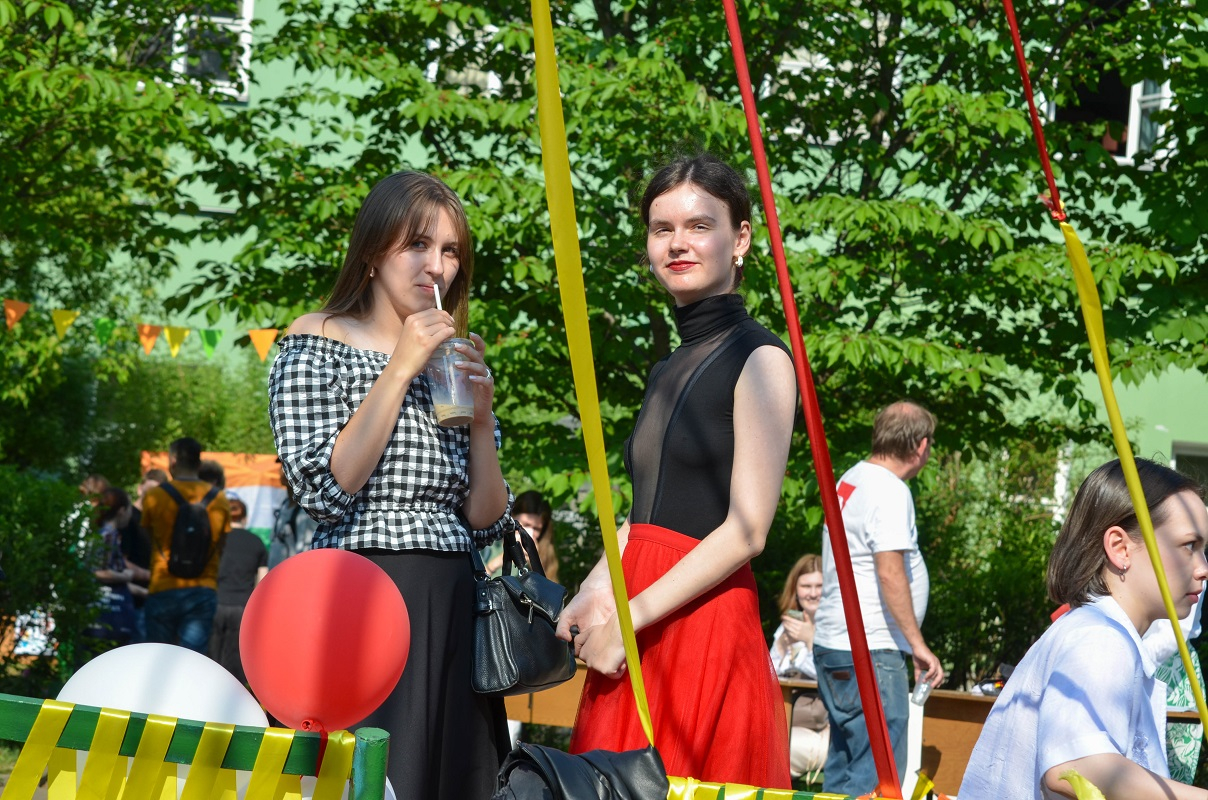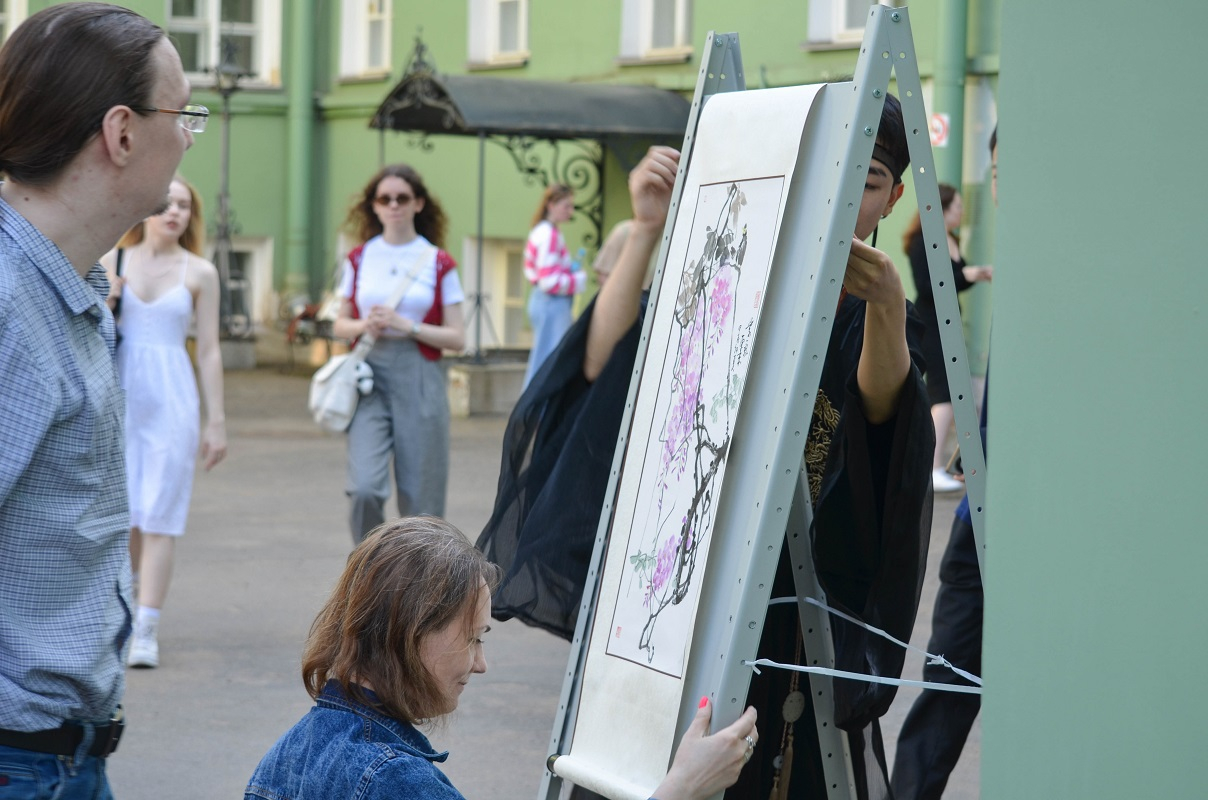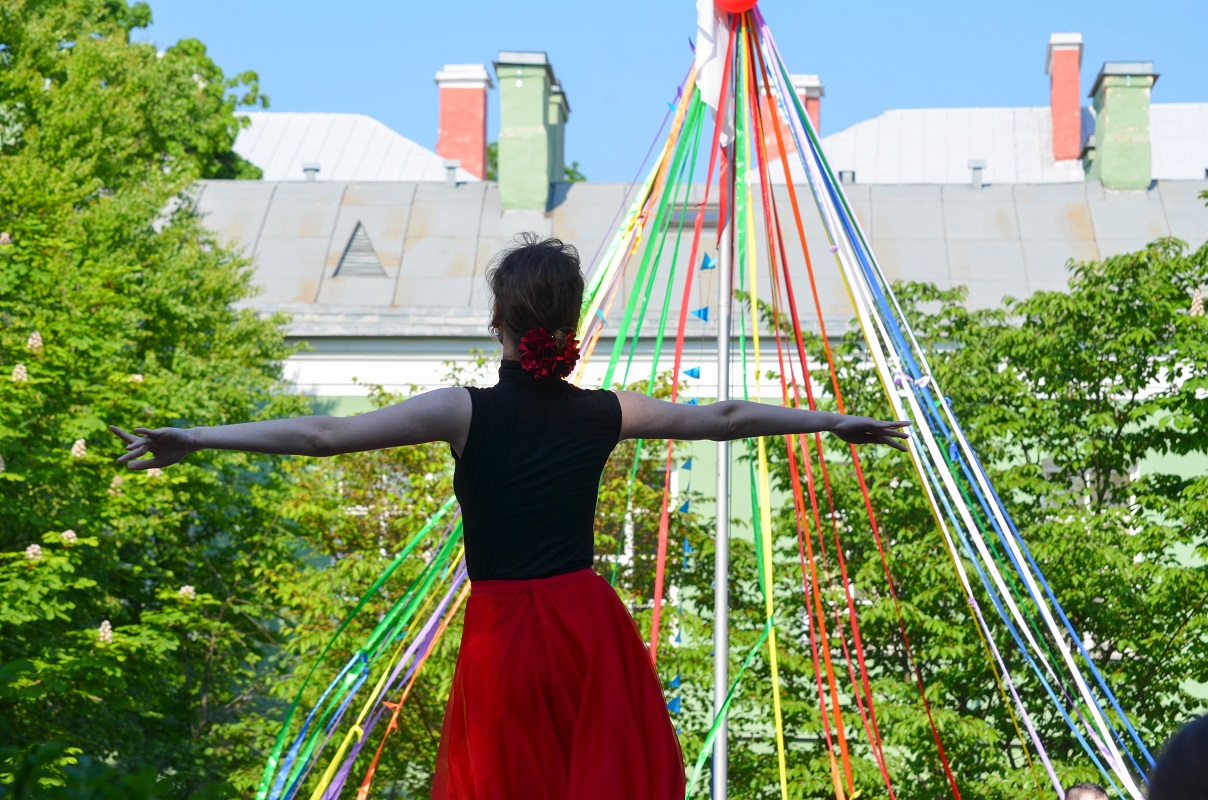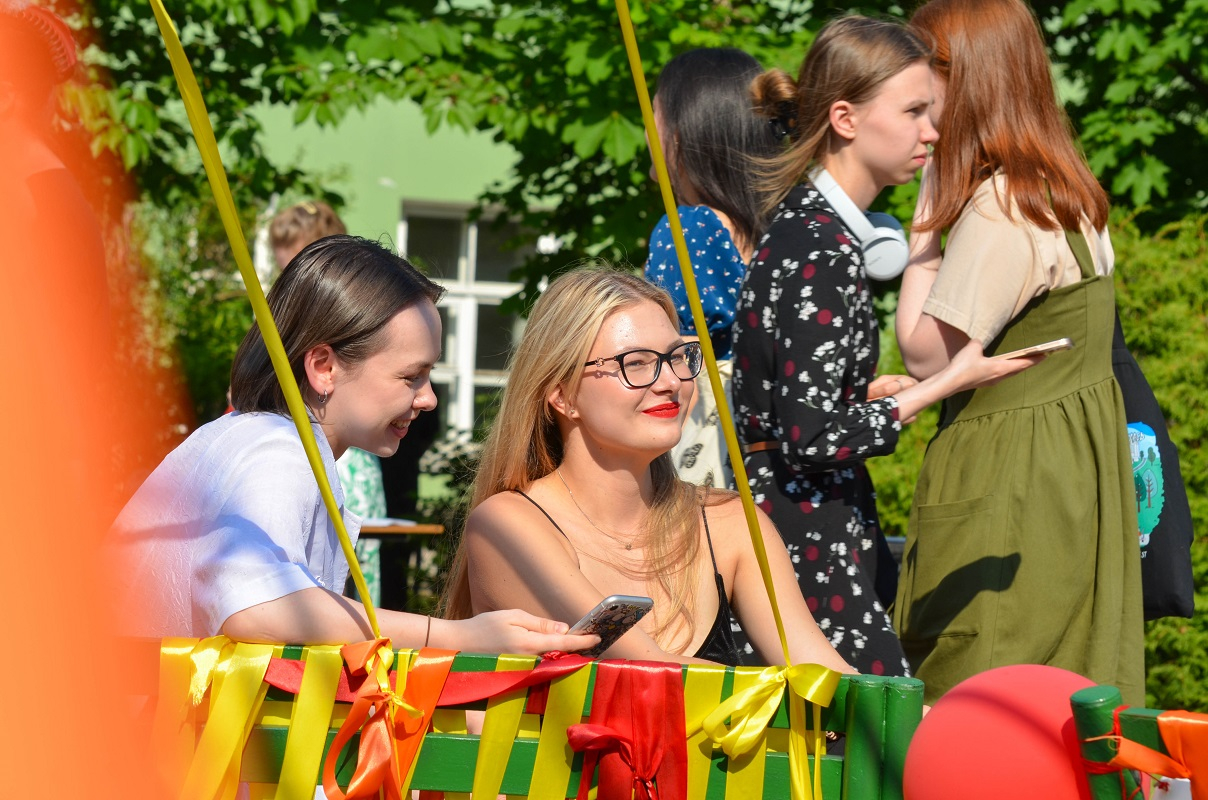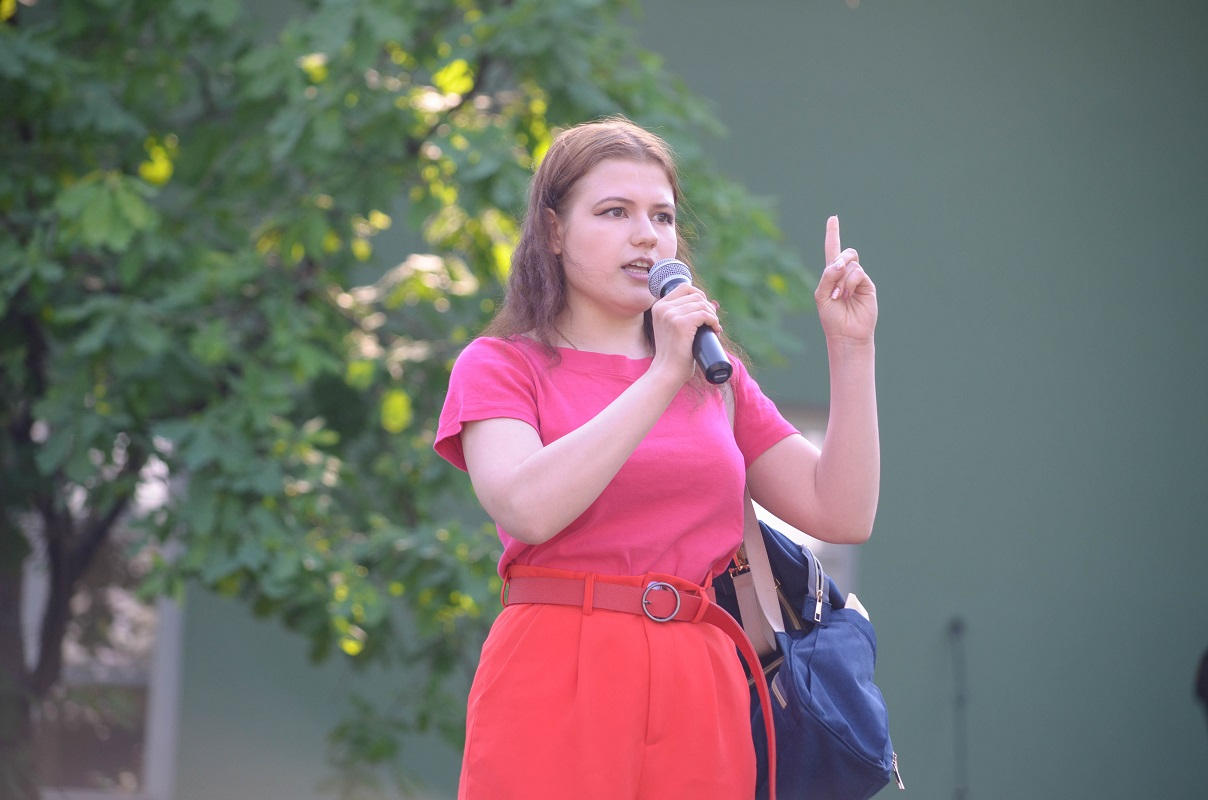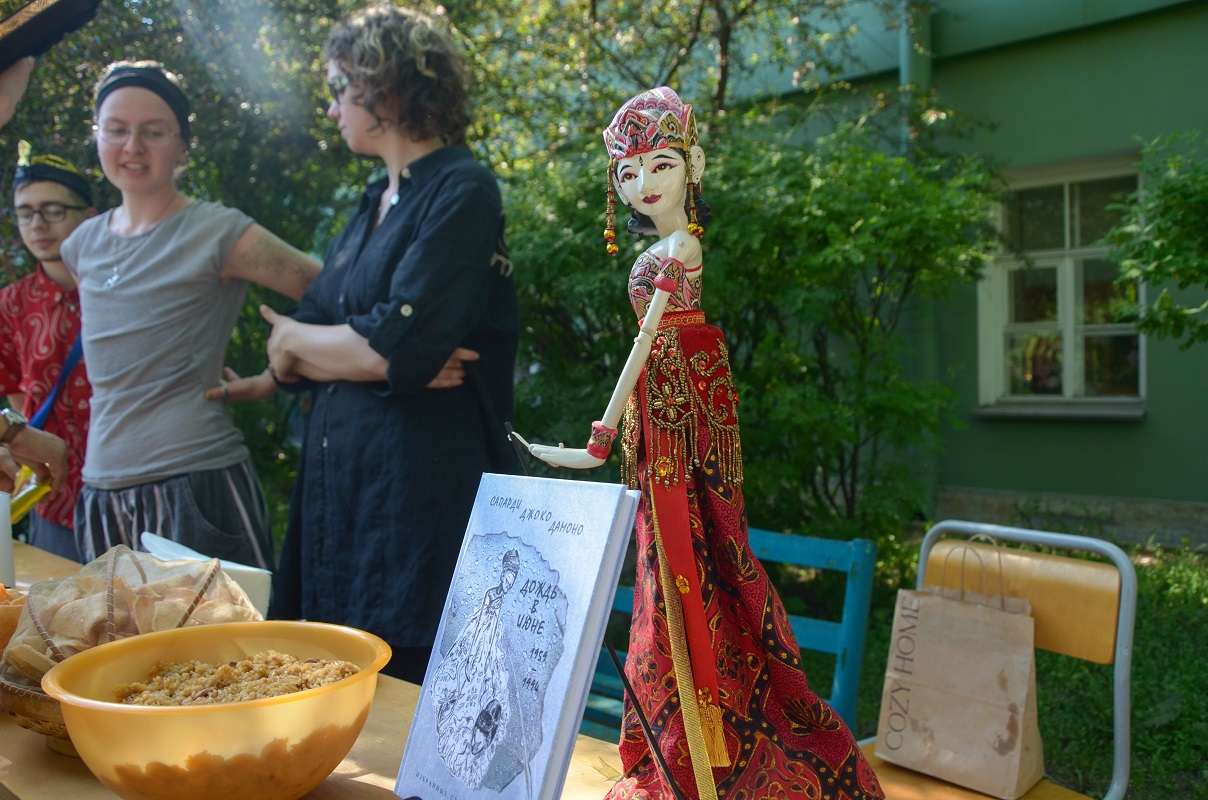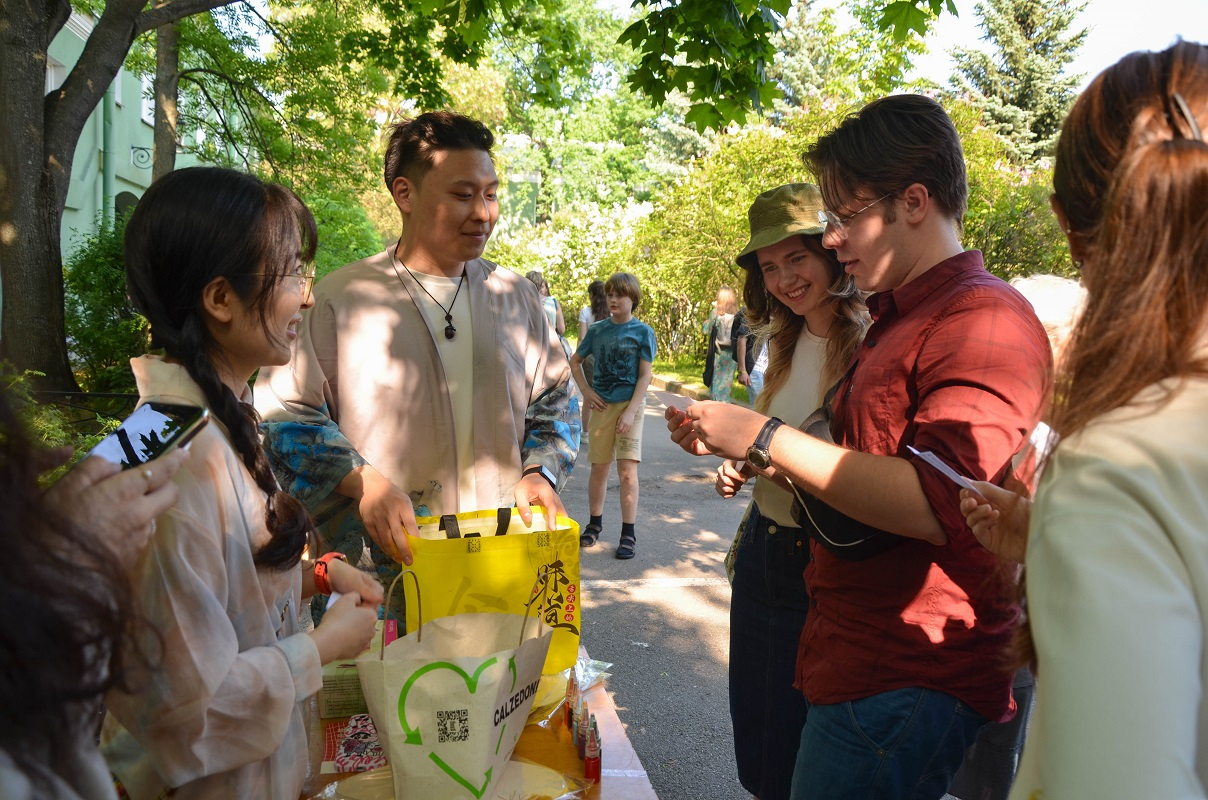A kaleidoscope of countries and cultures: St Petersburg University celebrates the Day of Philologist and Orientalist
Every year, St Petersburg University holds a professional holiday for students and lecturers in the Modern Sculpture Park at St Petersburg University.
The participants and guests were greeted by Alexey Rodionov, Senior Deputy Dean of the Faculty of Asian and African Studies at St Petersburg University. This is an important event to ensure the unity of the large University community, he said.
In the next academic year, we are opening two new academic programmes in the Uyghur and Somali languages. I am sure that, thanks to our ambitious students and lecturers, our festival will become even larger.
Alexey Rodionov, Senior Deputy Dean of the Faculty of Asian and African Studies at St Petersburg University
In 2024, the traditional event was dedicated to man-made ancient structures, said Antonina Zaikina, a third-year student in the programme "German", chairperson of the Student Council of the Faculty of Philology and the Faculty of Asian and African Studies at St Petersburg University.
"To plunge into the atmosphere of the international holiday, we invited guests to go through 1,001 wonders of the world. Our team of 120 people was meticulously thinking over about every location and every room. I really hope that everyone found something mesmerising and just had a good time," said Antonina Zaikina.
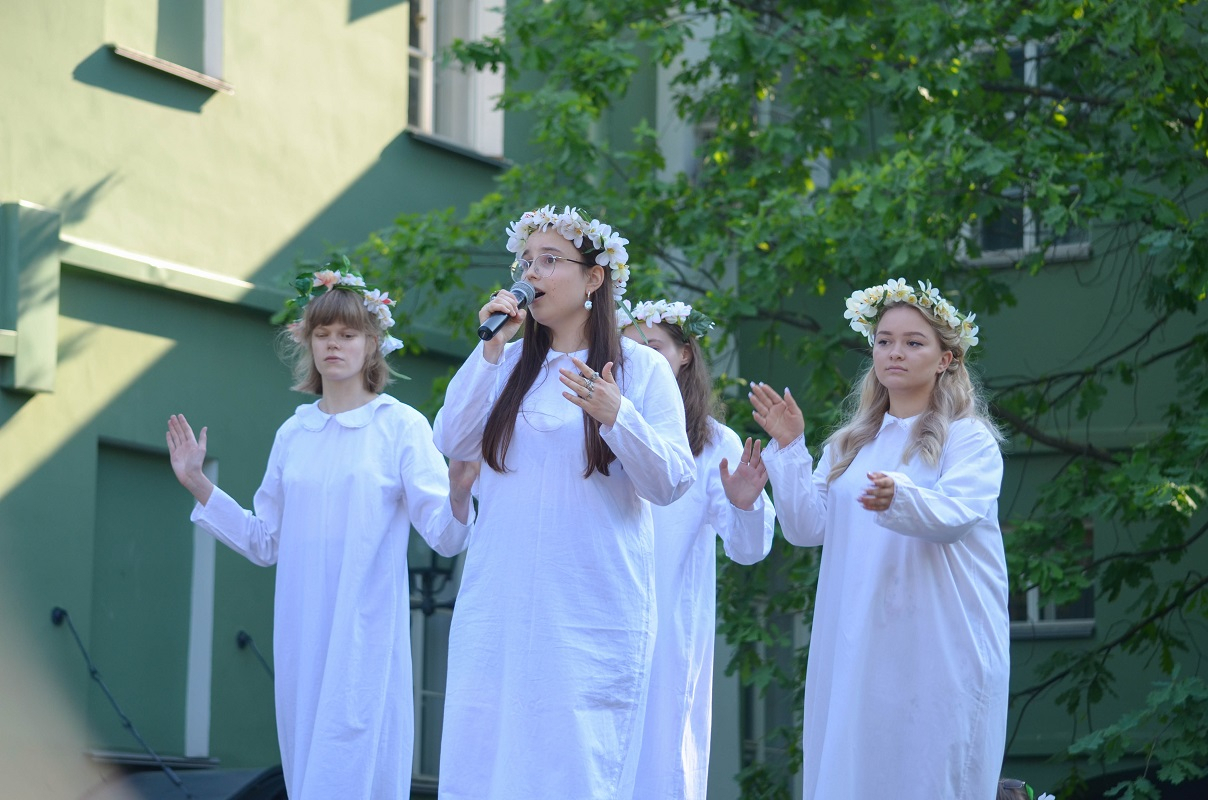
Among the main events of the holiday was a concert organised by students. They were talented in a variety of genres: Arabic rap, Indian dances, Norwegian ballads, and French poetry. Each performance was associated with a specific country and introduced its culture.
Students in the programme "Japanese Philology" at St Petersburg University were preparing a choral performance for a whole month. "We rehearsed every day for a month, in free rooms or right in the corridors. We are very grateful to our choir Director, Associate Professor Arakawa Yoshiko," said Valeriia Tsyb, a choir conductor, a first-year student.
In what county was Lewis Carroll born? How is the name of the country Thailand translated? If you correctly answer questions about the history and culture of the country, you could get a delicious treat at the gastronomic festival: Japanese taiyaki, Korean gimbap, Turkish baklava, French croissants, Italian tiramisu balls (tartufini al tiramisu), Indonesian krupuk udang (shrimp chips), and mee hoon goreng (cellophane noodles). Each dish reflected the national characteristics of different countries of the world.
You could also take part in a workshop on Gōngbǐ, i.e. a traditional technique in Chinese painting, which means "meticulous brush craftsmanship" in Chinese. "The essence of the style is a subtle, realistic depiction of landscapes, portraits and figures: usually flowers, birds and butterflies," said Tú Zhǔn, a lecturer at St Petersburg University.
You could also learn how to design and decorate a Chinese fan, the history of which goes back more than 3,000 years and make Persian calligraphy or mehndi, i.e. an art of Indian henna painting on the body.
You could test your abilities and win a souvenir in competitions and quizzes: connect legends and natural wonders in the philological GeoGuessr, go on a trip to France with the game "Wandering Carcassonne", and learn the main attractions of Germany with the German Imaginarium.
The event also featured a screening of the film "Our Nazim", directed by Kirill Slipchik, a first-year master’s student in the programme "Politics and International Relations of Asian and African Countries" at St Petersburg University.


